Author: Office of the Chancellor
-
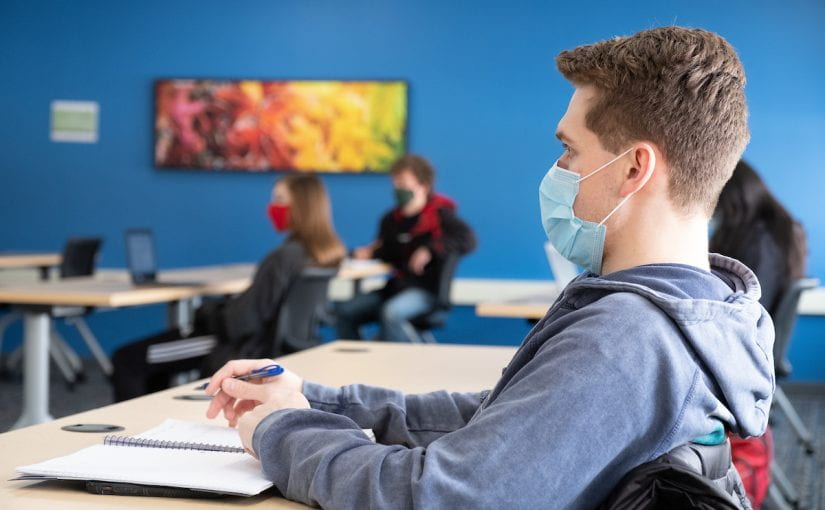
Covid Testing Update
By
|
Dear UW-Green Bay Faculty and Staff, As the pandemic still evolves, we are continuing to monitor conditions and are using our resources in the best way possible to keep our campuses safe. With the close of the fall semester approaching, we are making the following changes until the beginning of the spring semester: The Testing…
-
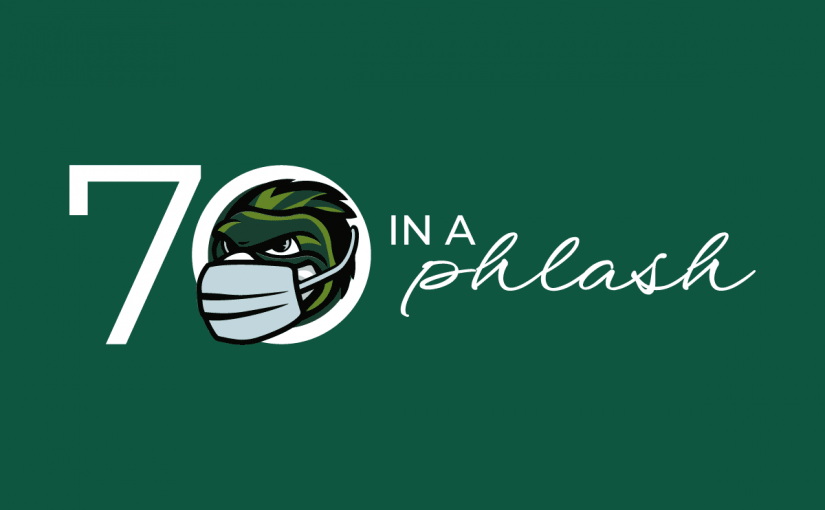
70 for 70 Campaign Update
By
|
Dear UW-Green Bay students, faculty, and staff, It was announced yesterday that our student body has reached the 70% threshold for COVID vaccination. I continue to be incredibly proud of how our students have persevered throughout the pandemic. We want students to continue to have an amazing experience at UW-Green Bay and the 70% vaccination milestone…
-
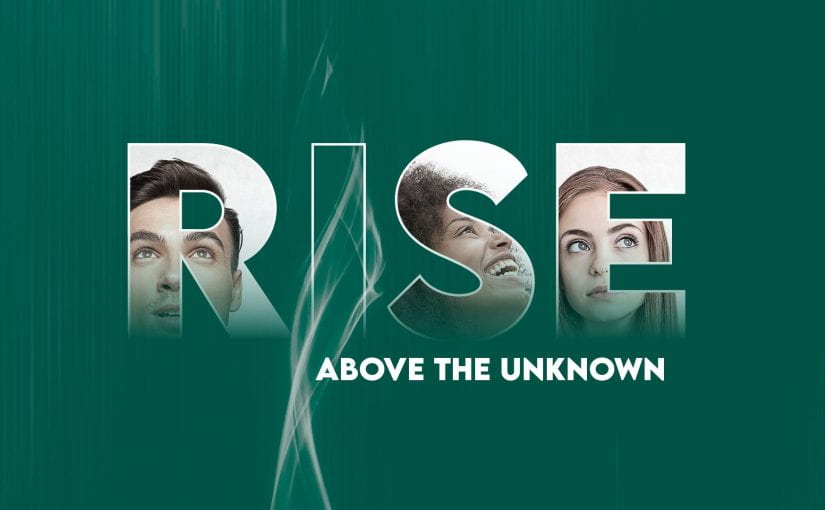
October Coffee Break
By
|
Join Chancellor Alexander, Sheryl Van Gruensven, Kate Burns, and Corey King for the next Coffee Break. Campus leaders will provide a brief update and allow the remaining time to take questions from faculty and staff. Colleagues from all campus locations are strongly encouraged to attend. Monday, Oct. 11 8:30 – 9:30 a.m. Online Session via…
-
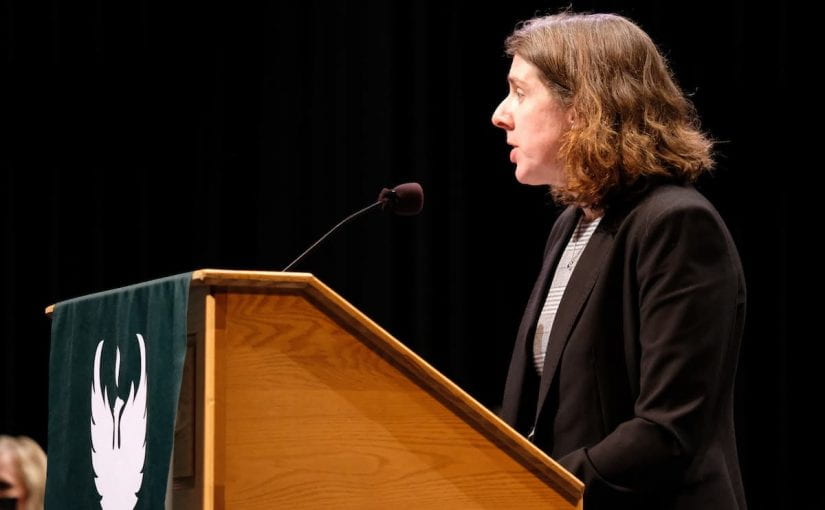
Provost and Vice Chancellor for Academic Affairs Search
By
|
Dear UW-Green Bay Faculty and Staff, I am excited to announce that Kate Burns has been appointed as the next Provost and Vice Chancellor for Academic Affairs at the University of Wisconsin-Green Bay, effective immediately. Since being named Interim Provost in May of 2020, Kate has successfully managed two years of enrollment growth in the…
-
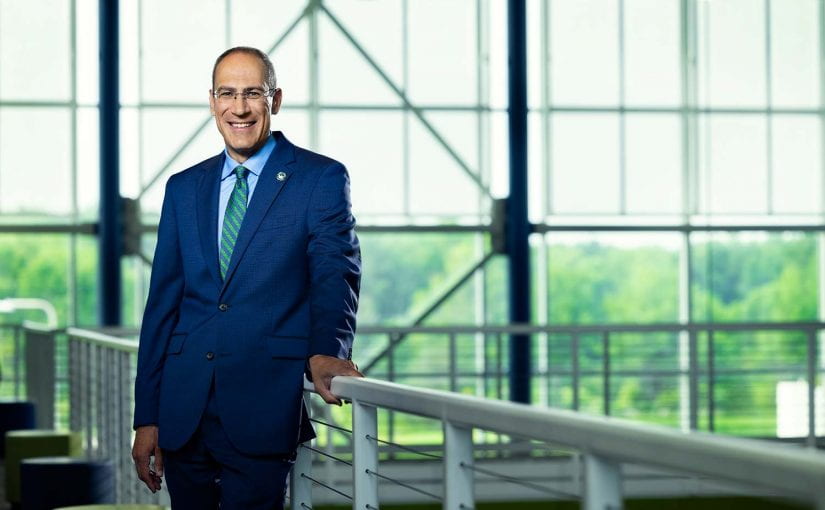
Installation Speech
By
|
I am humbled to join a group of incredible Chancellors that have served before me. In 1971, we were on the cover of Newsweek as the initial EcoU. Because of the work of the previous 6 chancellors at UW-Green Bay, we are still positioned to do great things more than 50 years later. I want…
-

Support for our Veterans
By
|
Dear UW-Green Bay Students, Faculty, and Staff, There is a human tragedy occurring in Afghanistan right now. It is not our role as a university to comment politically on what caused the tragedy. However, it is essential that we offer our support to all those currently serving in the military, our veterans, refugees, and anyone…
-
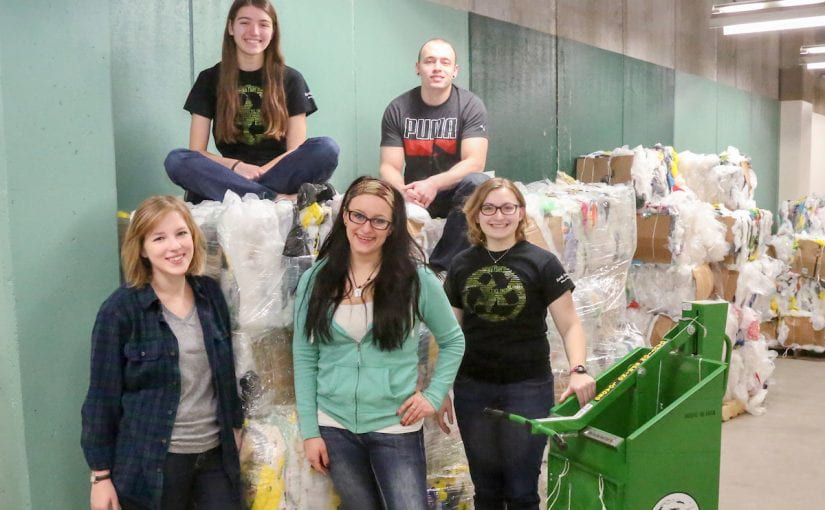
University Sustainability Coordinator
By
|
Dear UW-Green Bay Faculty and Staff, “As a regional comprehensive, it is our mission to solve problems for our region, be a leader in sustainability efforts, and ensure that our communities can enjoy the incredible natural resources in Northeast Wisconsin for generations to follow us.” — Chancellor Alexander, April 14, 2021 In support of our commitment to sustainability…
-
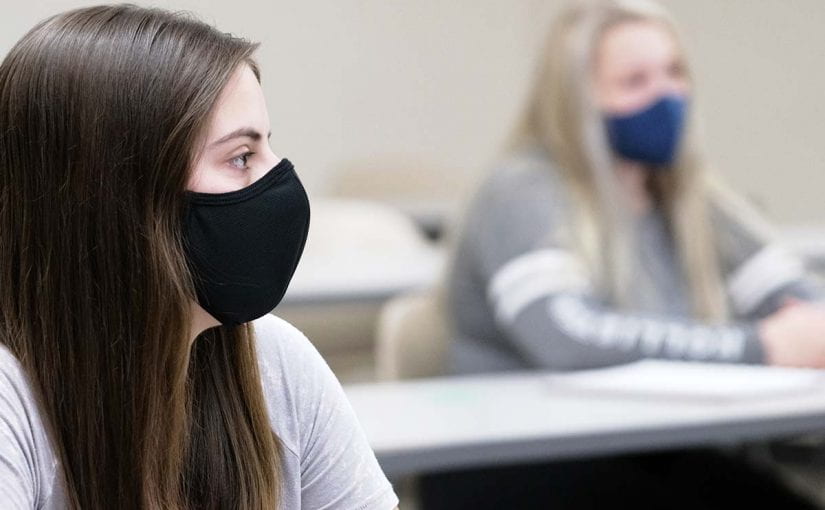
Indoor Mask Requirement
By
|
Dear UW-Green Bay Students, Faculty, and Staff, Thank you for your patience while we have carefully monitored the increase in COVID cases this week due to the Delta variant. Based on recommendations from the CDC and the county agencies where our campuses reside, I am requiring masks to be worn indoors by everyone while around…
-
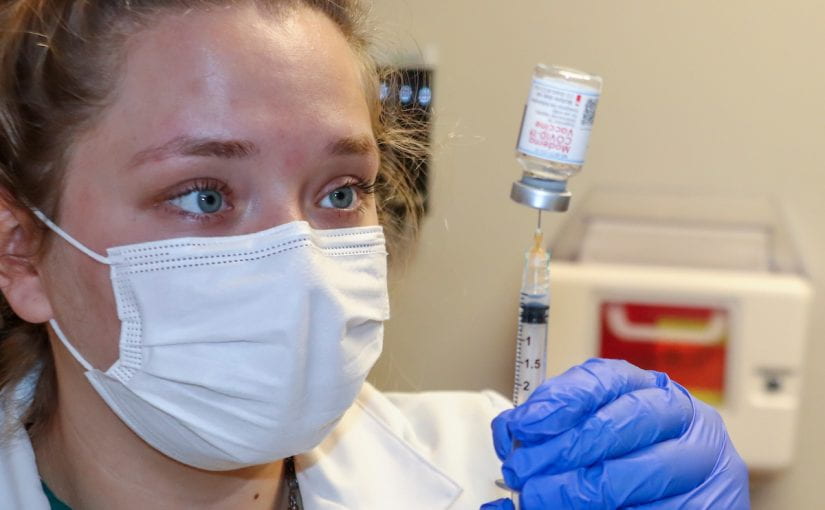
July 27 CDC Guidelines
By
|
Dear UW-Green Bay Students, Faculty, and Staff, Today, the Centers for Disease Control announced new guidance regarding the pandemic primarily on the issue of face coverings. Since the pandemic began, we have followed CDC guidelines as the primary source of our decision making to keep our campuses safe. We have also been intentionally slow to…
-
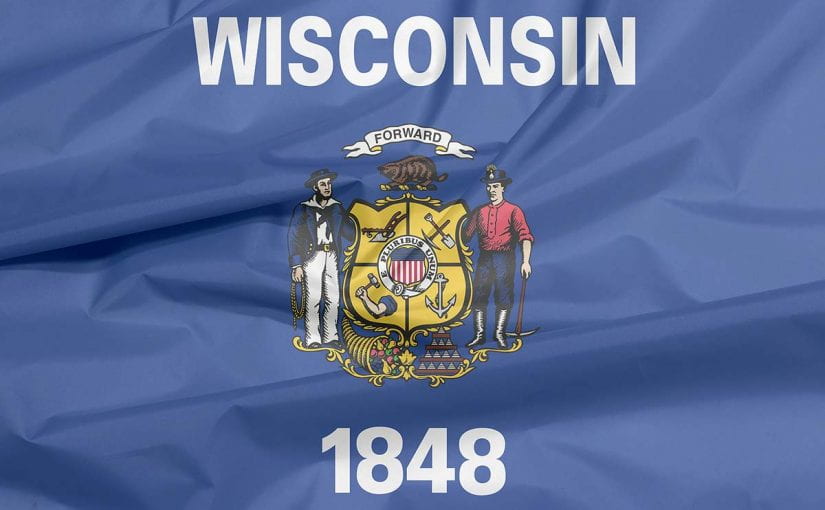
UW-Green Bay Funding in the New State Budget
By
|
Dear UW-Green Bay Students, Faculty, and Staff, Today, Governor Evers signed the state budget which will provide a total of $102,270,000 in funding for UW-Green Bay. The funding provides $96,297,000 for the replacement for the Cofrin Library into the new Cofrin Research Center, $3,268,000 for renovation of the Studio Arts Visual Arts Laboratory, $2,349,000 for…

